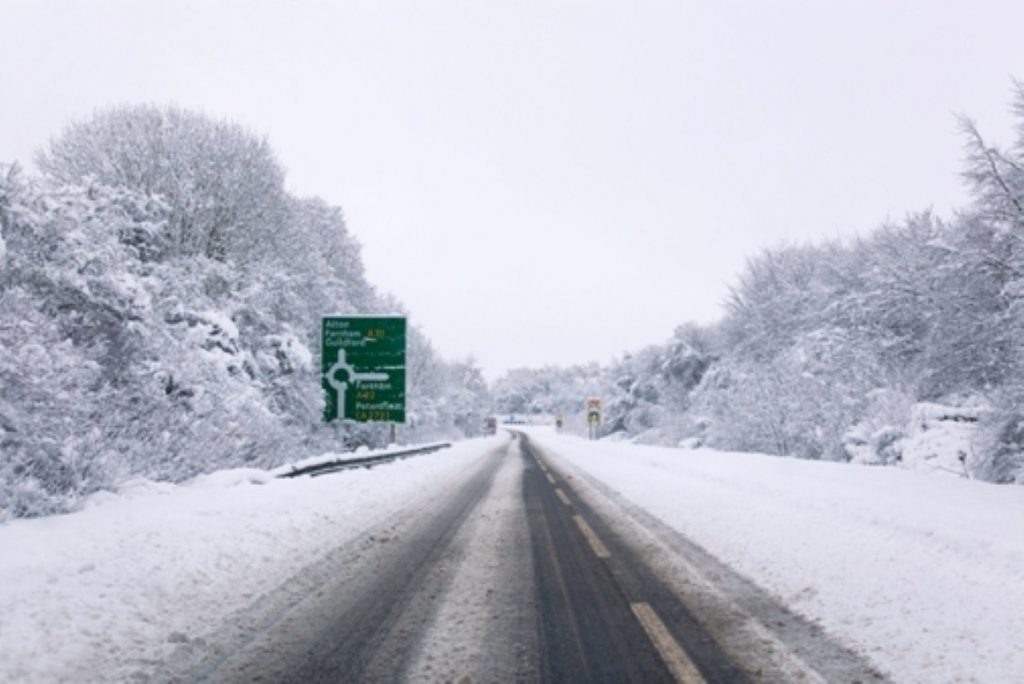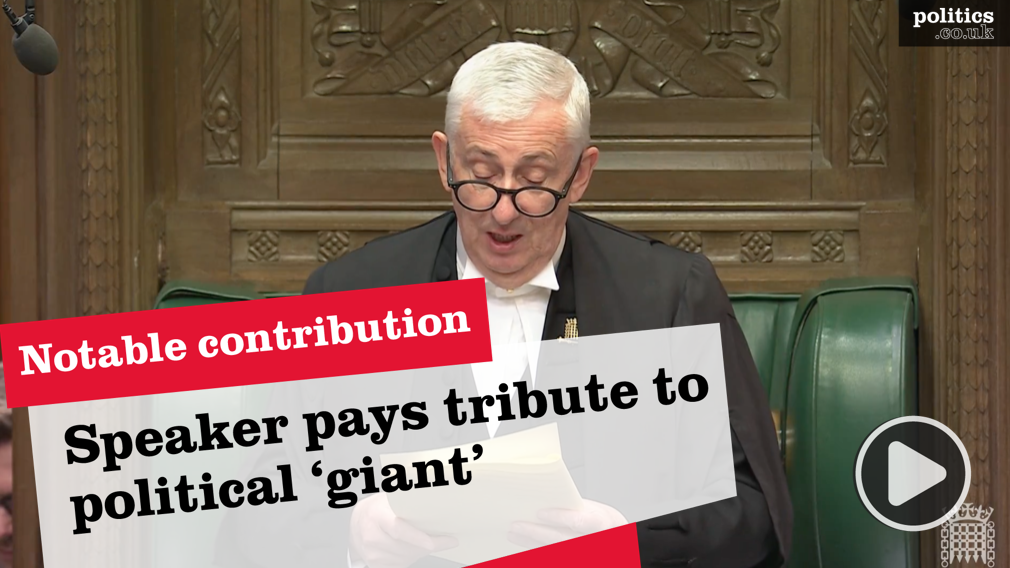Snow threatens triple-dip recession
Disruption caused by heavy snowfall across Britain could see the UK slip back into recession once again, in what would be an unprecedented setback for the economy.
Snow was one of the principle factors blamed by chancellor George Osborne for the UK economy's poor performance in the final quarter of 2010, leading to intense mockery from the opposition.
Now experts are warning the chances of negative growth in the first quarter of 2013 are increasing as snow continues to fall across large parts of Britain.
"Given the UK's ability to grind to a halt with even a flake, the snow has come at a very brittle time for the UK economy, adding to the headwinds that it is already battling against as it tries to avoid a triple-dip recession," HIS Global Insight's chief UK and European economist Howard Archer said.


"Obviously the longer that the snow and freezing conditions last, the greater will be the disruption to economic activity, and the bigger the risk that the first quarter of 2013 will see contraction in GDP following a likely renewed modest dip in the fourth quarter of 2012."
Peter Spencer, chief economist at the Ernst and Young Item Club, said: "Once you lose two weeks on a construction site, it is hard to get back."
Recession only technically occurs when the UK economy registers two consecutive quarters of negative growth.
Later this week the Office for National Statistics is set to issue its preliminary estimate for UK GDP in the final three months of 2012. Disappointing retail sales over the Christmas period suggest the economy shrank in that period.
The first few weeks of 2013 has seen a number of household high street names going under with Jessops, HMV and Blockbuster following in the wake of Comet just before Christmas in calling in the administrators.
If the snow pushes the UK into another quarter of economic contraction in the first three months of 2013, Britain's economy will have been shrinking five of the last six quarters.
2012 saw the double-dip recession begun in October 2011 continue for the first half of the year, before the three months to the end of September 2012 registered growth of 0.9% boosted by the Olympic Games.












